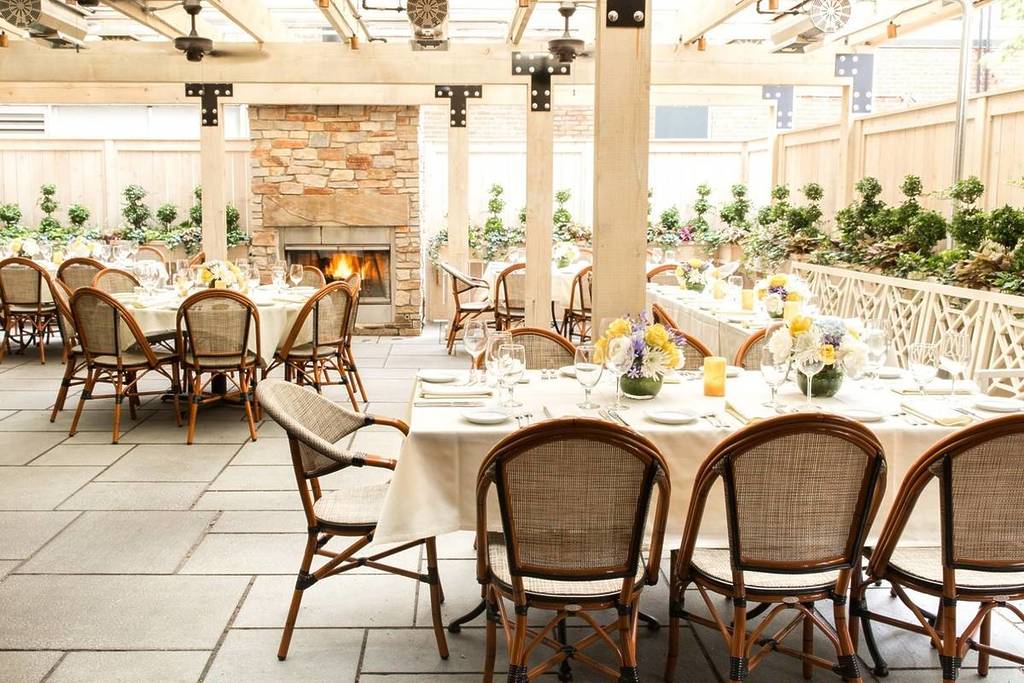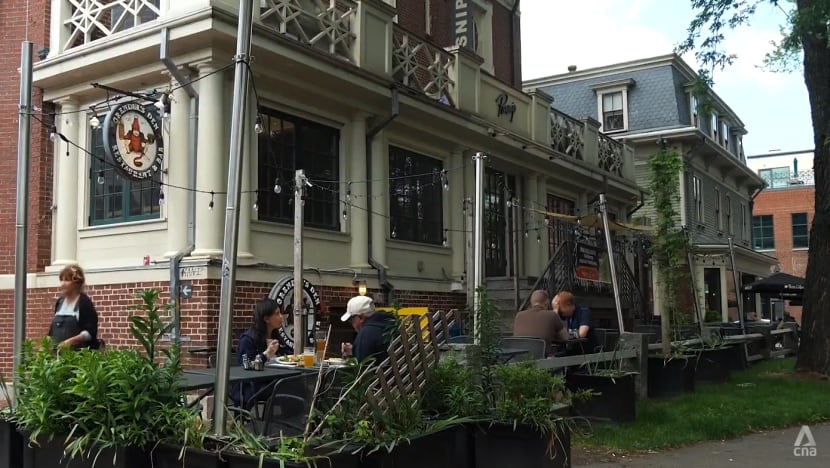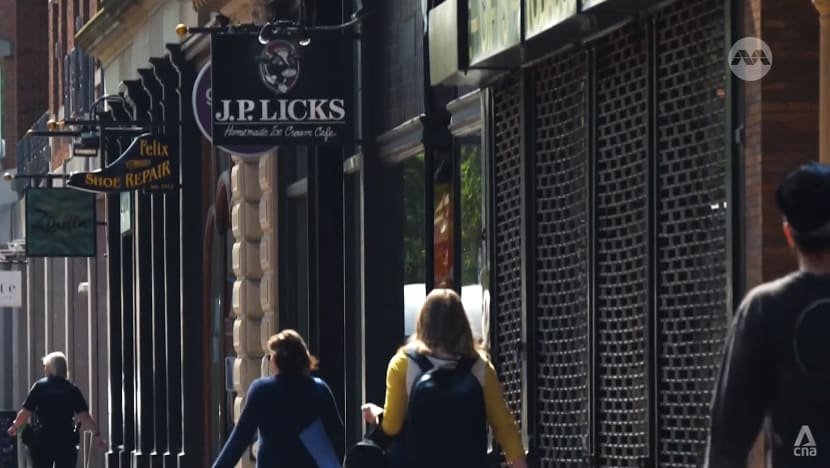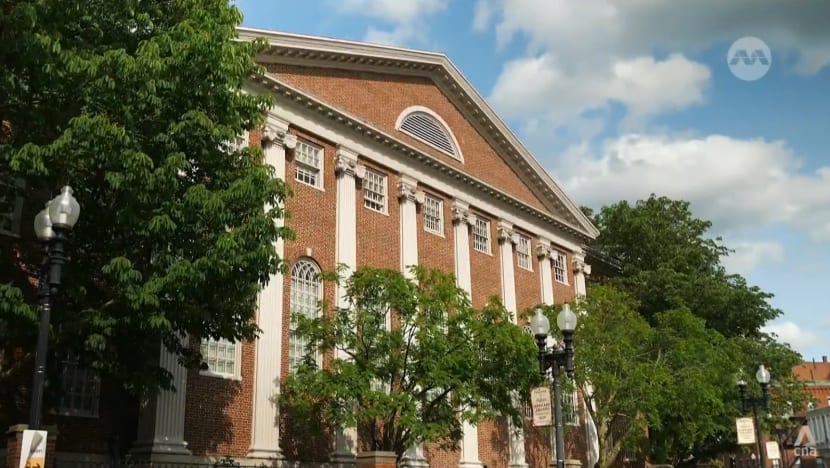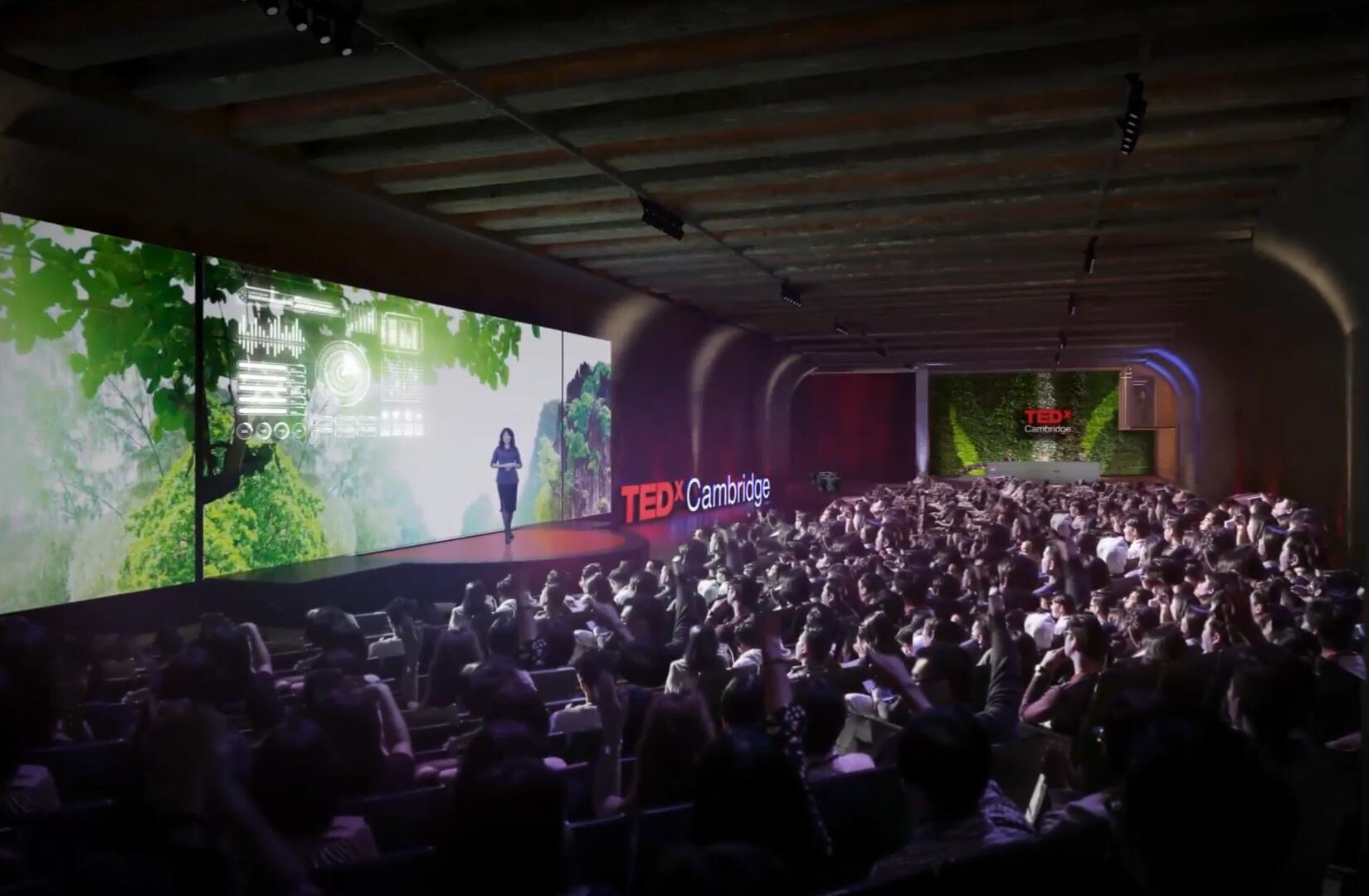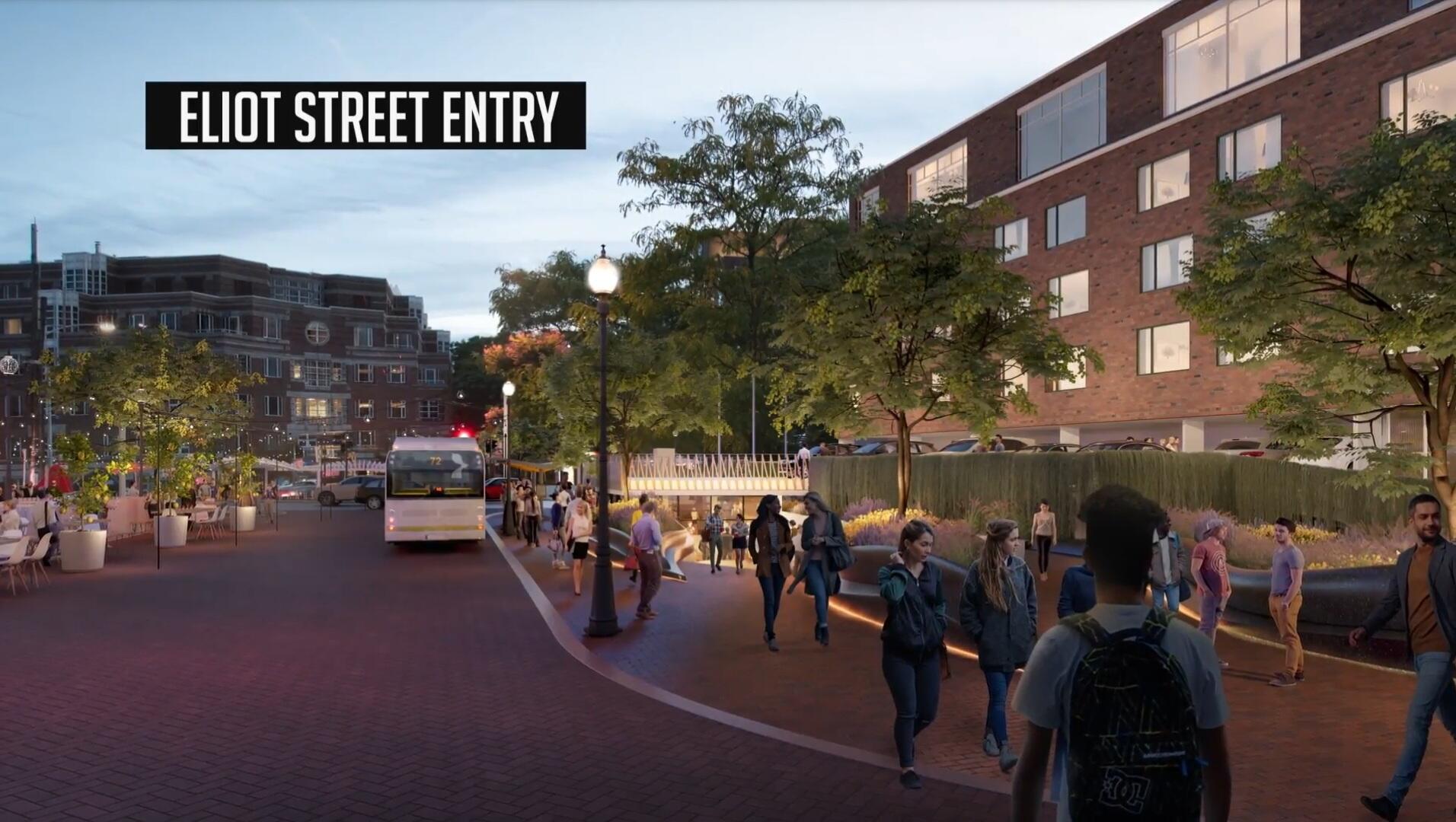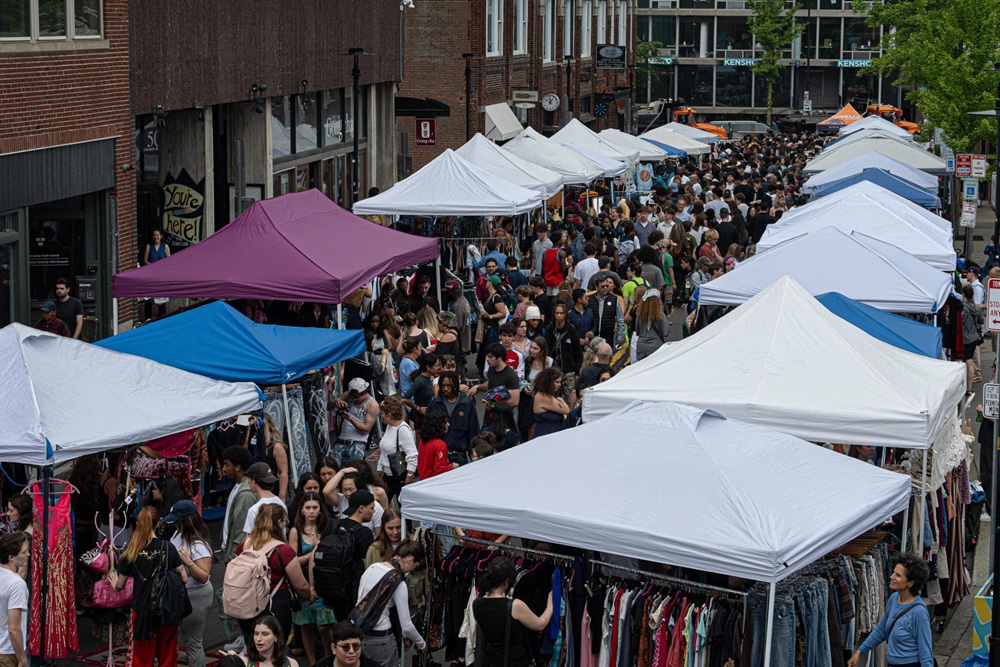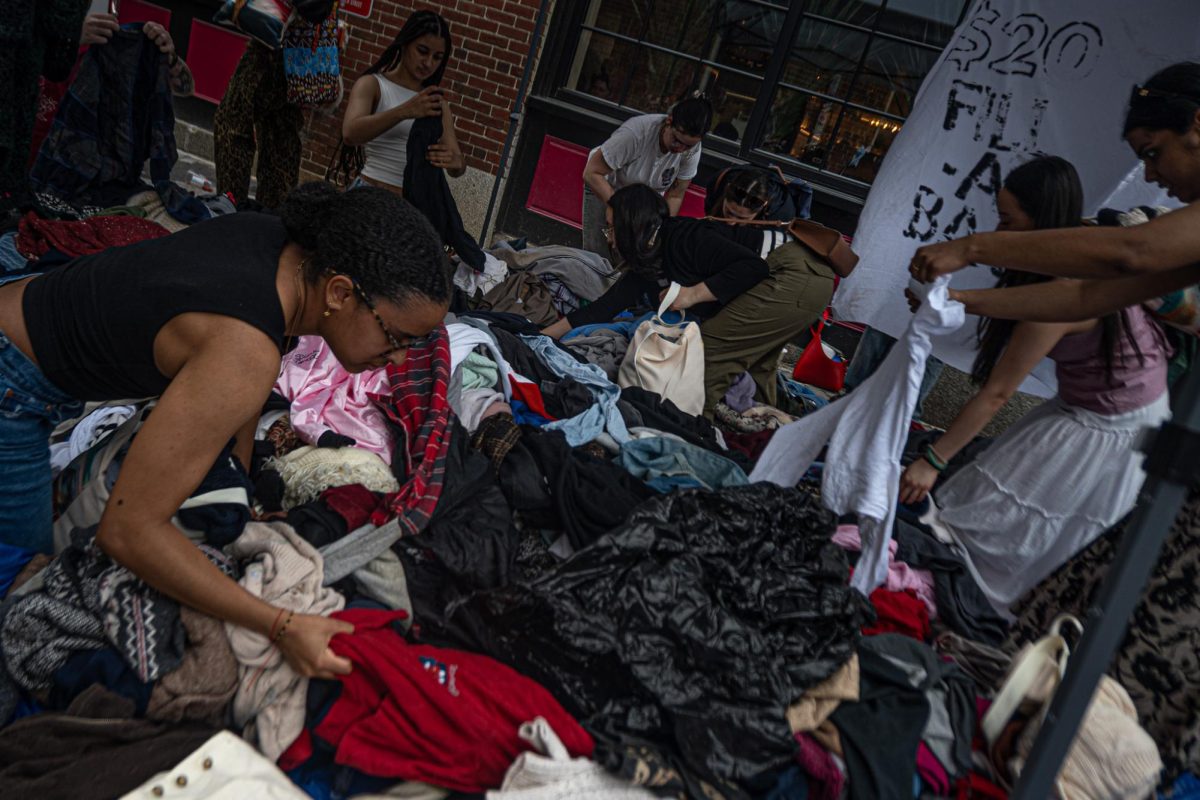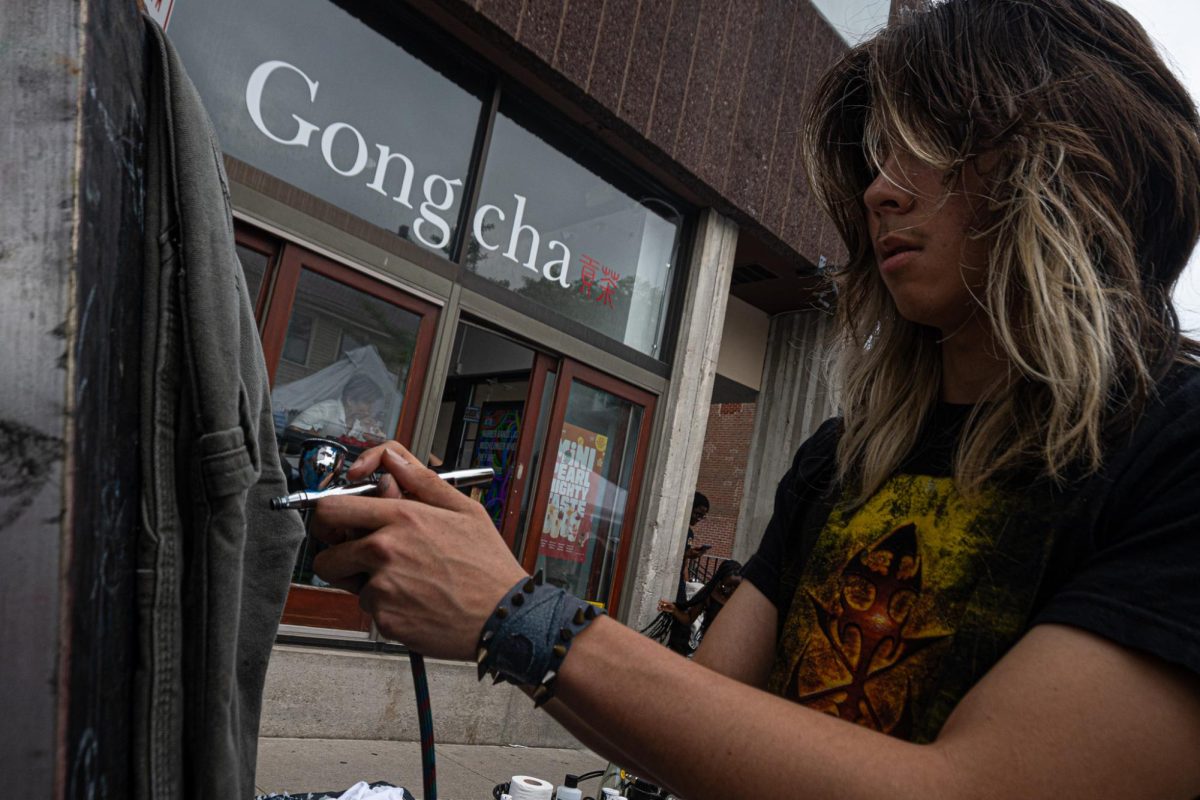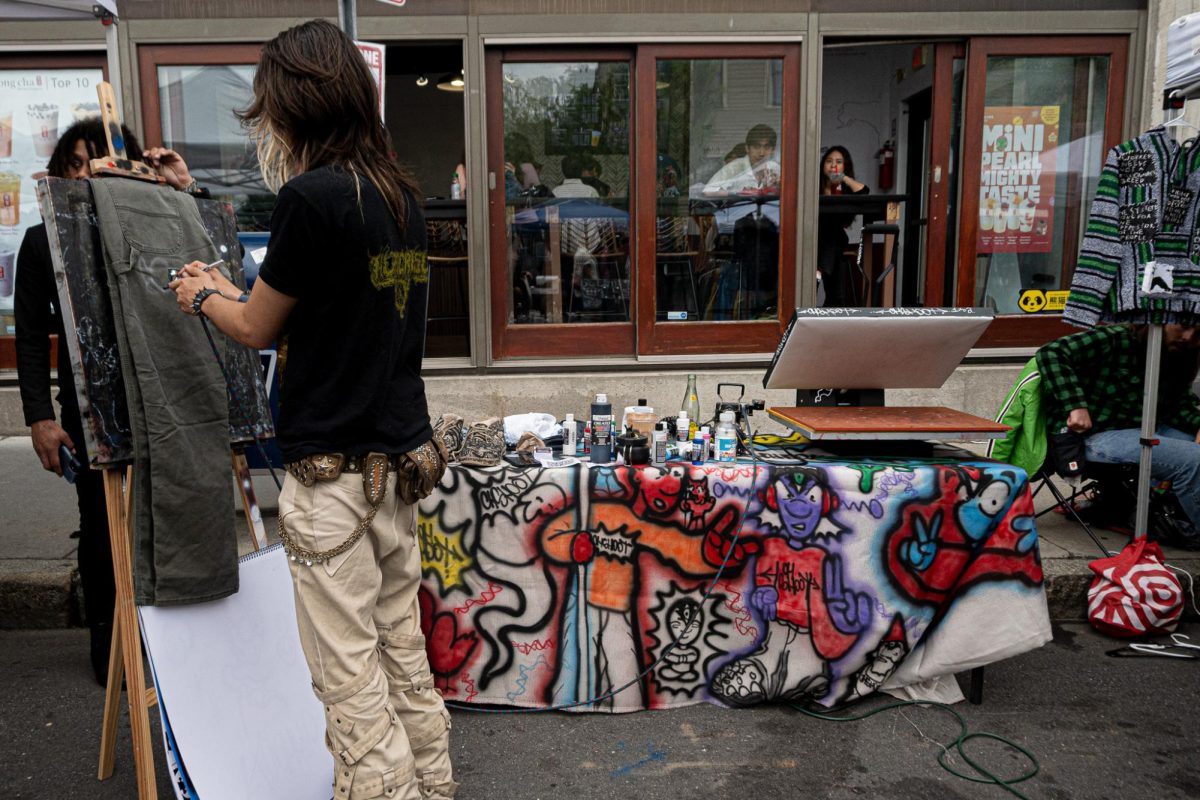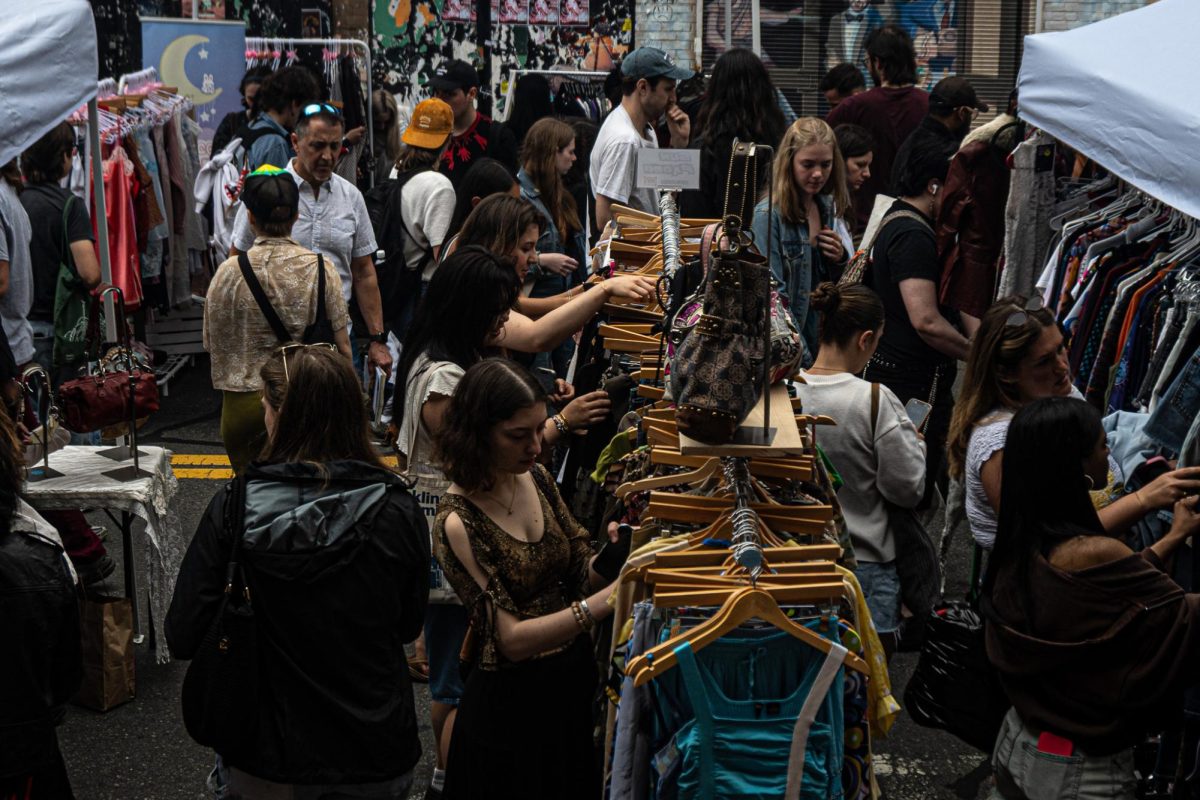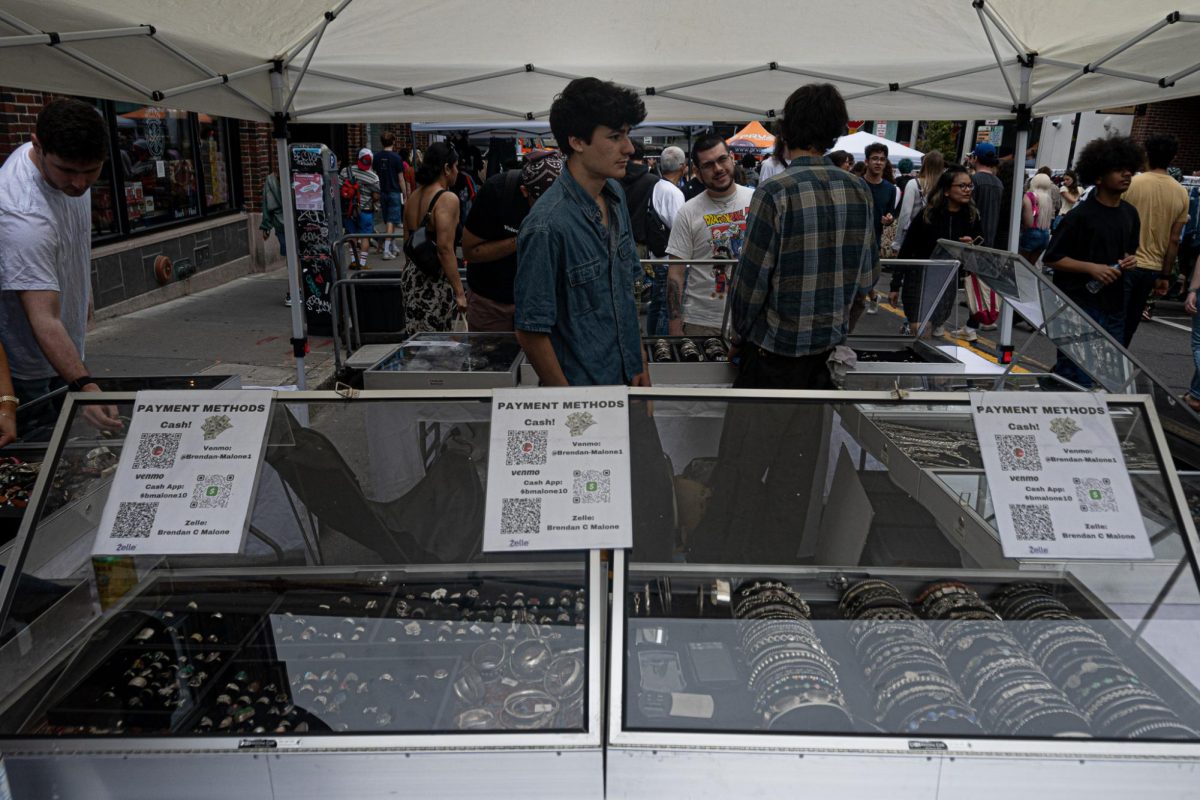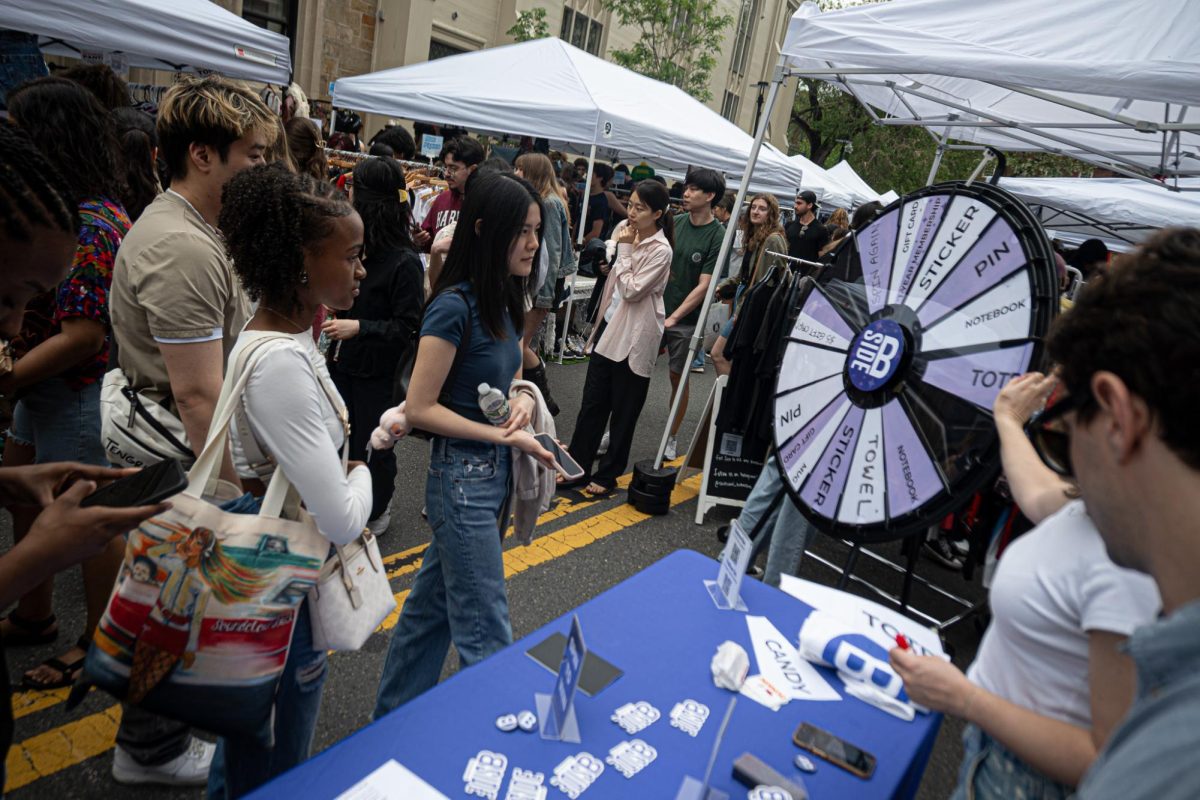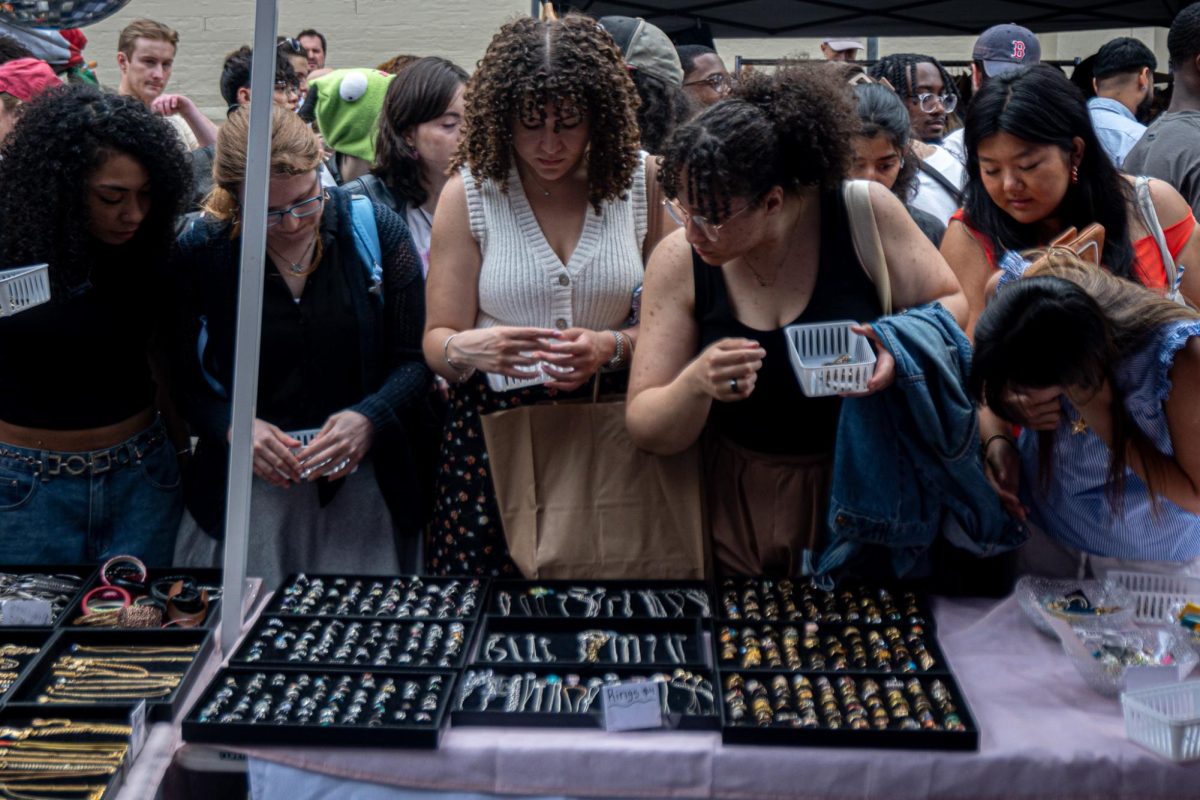As foreign students reconsider coming to Boston, local businesses prepare for fallout
- Published: Jun. 30, 2025, 5:00 a.m.

By Tréa Lavery | TLavery@masslive.com
Juan Wulff | El Planeta
Jason Doo began preparing for trouble in November, almost as soon as he learned the outcome of the presidential election.
Doo, owner of Wusong Road Tiki Bar in Harvard Square, expected to see hits to the economy and began stockpiling cash, renegotiating vendor contracts to save money and lowering menu prices to retain a steady flow of customers. As inflation and other economic factors led people to cut down on excess spending, those measures proved to be justified.
But another change is also affecting businesses in Harvard Square.
As the federal government targets higher education institutions and international students, a key segment of their customer base could disappear.
Doo has heard from friends in the hospitality industry who have already taken financial hits. In particular, friends who own other Asian restaurants near the Massachusetts Institute of Technology, which has a high population of international students, have been struggling, he said. Even high-end establishments saw a decline during graduation season, usually one of the busiest times of year, he added.
For every three international students in the United States, one job is created and supported by spending in higher education, accommodation, dining, retail, transportation, telecommunications and health insurance, according to NAFSA, a worldwide organization representing international educators. In Massachusetts, international students contributed nearly $4 billion and their spending supported more than 35,000 jobs in the 2023-2024 academic year.
“The hospitality industry right now, with prices going up and rents at sky-high rates … it then hurts even more when suddenly a large portion of our financial base is taken away without warning,” Doo said. “It can be devastating. One bad year will put you under in the restaurant industry.”
International students’ contributions to the economy
Despite its ranking as the 24th largest city in the U.S. by population, Boston has the fifth highest Gross Domestic Product per capita, according to a study by Metroverse, a program of the Center for International Development’s Harvard Growth Lab.
Moreover, the study found that the city’s largest economic sector is “Education and health services industries,” accounting for 23.02% of employees in the city.
“Boston is a cluster of the most dynamic activities … based around Harvard, MIT, Mass General Hospital [and the] financial sector,” said Ricardo Hausmann, director of the Harvard Growth Lab. “It’s a knowledge magnet that has been created with an enormous participation of foreign talent.”
“One of the secrets of American exceptionalism is not so much that the U.S. gives birth to talented people, it’s that the U.S. is a huge attractor of talented people,” Hausmann added.
Foreign students, in particular, bring a lot of free cash with them when they arrive in Boston. Because they are not eligible for many forms of financial aid, a large portion of international students come from families that can pay full tuition bills and living expenses out of pocket.
That means that, unlike many of their American counterparts who are scraping together change or working part-time jobs alongside their studies, a lot of international students are freer to splurge on shopping and eating out.
“There is a sense that there’s more expendable income that they’re willing to spend in restaurants and dress shops and chocolate shops or you name it. There’s just more to go around,” said Jessica Sculley, board chair of the Harvard Square Business Association. “And if you just reduce that amount of money, there’s going to be less to go around for all of the businesses.”
The top three colleges and universities in the state for economic contributions by international students in the 2023-2024 school year were all in Greater Boston, according to the NAFSA study:
- Northeastern University contributed $828.8 million and supported 7,791 jobs;
- Boston University contributed $765 million and 8,326 jobs;
- Harvard University contributed $383.6 million and 3,910 jobs.
A loss of international students from the current and incoming classes would not only take away the economic activity they bring for their four years on campus, but also a whole lifetime of economic, cultural and intellectual contribution in their careers and beyond, Hausmann said.
Increases in international student enrollment leads to boosts in innovation and patent creation, according to research by the American Immigration Council. In Massachusetts, immigrants account for about 27% of entrepreneurs, or about 91,400, who contribute about $3.1 billion in business income, according to the AIC.
About 41.1% of foreign-born residents in Massachusetts have a bachelor’s degree or higher, according to data from the U.S. Census Bureau.
“Universities are one of America’s largest exports. The million-plus foreign students that come to study to us [people living in the United States] represents a very significant export activity in which the U.S. has a very large surplus,” Hausmann said. “Now, one of the ingredients for that industry to exist, to survive and thrive, is for students to be allowed in. So, visas are an enabler of American exports.”
Fear deters some from studying in the U.S.
Since taking office in January, President Donald Trump has cracked down on immigration, primarily focusing on people living in the country illegally and those who have committed crimes. The Trump administration’s attacks on higher education institutions includes revoking student visas and pausing visa interviews for incoming students, often without warning or explicit reason.
Locally, Trump has taken particular issue with Harvard University, cutting billions of dollars in research funding and attempting to bar the school from admitting international students entirely. Though a federal judge blocked that attempt after the university sued, it spurred many students to “reconsider their futures at Harvard,” according to court filings.
Nonetheless, the administration’s actions have already deterred students, both foreign and domestic, from applying to or attending the university. Part of the reason is that the rules keep changing every day, as the federal government introduces new restrictions.
“There’s still so much uncertainty out there that even if things do kind of stay the same, people are still uncertain what’s going to happen a month from now, three months from now, six months from now,” Sarang Sekhavat, chief of staff at the Massachusetts Immigrant and Refugee Advocacy Coalition, said. “By the time spring or fall comes and it’s time for me to go back to school, I have no idea what the situation is going to be. So do I want to risk that, or should I just go ahead and transfer now?”
About 27% of Harvard’s undergraduate and graduate students are international, according to 2024 to 2025 data.
Earlier this year, the federal government revoked visas for students across the country, prompting more than 100 lawsuits nationwide before reversing course and reinstating them.
Matthew Maiona, an immigration attorney and managing partner at Maiona Ward Immigration Law in Boston, said that in the past, he would only see one or two revocations a year, usually because the student didn’t show up to school or wasn’t signed up for the minimum number of credits.
Now, Maiona said, it’s not clear why certain students are being targeted. Many had visas revoked through the Student and Exchange Visitor Information System, or SEVIS, database after an interaction with law enforcement, even if it was just a traffic ticket or a minor charge that was dismissed.
“It’s about scaring people,” Maiona said. “Before, you had faith in a system, that you could bring your grievance and say, ‘Hey, there was a mistake. There was a mistake on my SEVIS, and you revoked it. And here’s the paperwork.’ Oh, OK, USCIS says, ‘We’ll put you back in the system and correct it.’ Now, forget about it.”
A student from Europe, who asked not to be named to avoid jeopardizing his visa, was admitted to Harvard in the spring and told MassLive and El Planeta that although he remained hopeful, the controversy surrounding Harvard was a common topic at the dinner table. After he was admitted, he excitedly accepted the offer, only for international headlines, canceled interviews and processing issues to make him question if he would actually be able to step on campus to realize his dream.
“I am waiting to receive a visa,” he explained, “but the portal does not let me pay the fee for the interview.”
Harvard has emailed him “almost every day” with updates and encouragement, making it clear that they are doing everything in their power for him and the rest of the international students to be on campus in the fall. This, he said, has been comforting and a reassuring provider of confidence.
Despite the challenges, he still very much hopes to study at Harvard. When asked about what would happen if troubles were to happen while he was at Harvard, he was open to the idea of taking a semester off, studying at another university, or even attending the university online.
Hausmann said he made offers to Ph.D students who dreamed of Harvard, only for them to turn him down. He joked that he spends more time worrying and working through “bureaucratic” visa problems than on research and teaching.
“They [students and researchers] cannot live with the anxiety of uncertainty, the existential angst of not knowing if their visa will be renewed or not renewed,” he said.

Regardless of the school, many international students are hesitating, fearing their education will be cut short and their investment turned almost worthless. As the student from Europe noted, leaving home from abroad is already almost an insurmountable sacrifice. So to do it with the chance of their dream falling through is almost foolish and increases the stress and fear of coming to the U.S.
In April, Harvard said it was instituting a new admissions policy allowing international prospective students to accept a place on the Cambridge campus as well as a backup place at a foreign school to help those navigating the decision.
This month, the Harvard Kennedy School, where 52% of students are foreign, announced it would allow students to study online or at the University of Toronto as a contingency plan if they weren’t allowed into the U.S.
On the topic of going to school in another country, the European student said he “doesn’t want to think about it right now.” However, he mentioned that he had seen Hong Kong University opening its door to admitted Harvard students and when asked, he said he would consider the opportunity if the situation became dire.
Business owners wait to see what will happen
Sculley said that while she and other local business owners have not yet seen much of an impact on their bottom lines, as students have left for the summer anyway, there is a “tremendous uncertainty” about what things will look like come September.
“I’m not saying that every single Harvard student spends tons of money in Harvard Square every single day, but it is significant. It’s significant for the restaurants, the pubs, the coffee shops, the bookstores, the banks, even,” Sculley said, adding that with cuts to federal research funding, university staff may not be around to patronize local businesses, either. “I think it will be a major, major hurdle to overcome if we suddenly lose those bodies.”
Jeremy Herrera, whose father owns Felipe’s Taqueria, a popular fast-casual Mexican restaurant in Harvard Square, estimated that 30 to 40% of the establishment’s customer base are college students, and 15 to 20% are foreign students. He said they get customers visiting from all over the world, and he often has people tell him it’s their first time in the country.
The three-story-plus-rooftop restaurant and bar gets especially busy at lunchtime, when Herrera said the influx of students getting something to eat between classes is completely unpredictable day to day.
“It’s huge,” he said. “That’s what keeps the whole city running.”
Doo said that because of Wusong Road’s location next to the Harvard Kennedy School, he sees many graduate students coming in for a drink at night after class. He estimated that 5 to 10% of his customers are international students.
He said he has been expanding marketing efforts and making other investments in the restaurant, such as installing a buffet station so he can more easily host private events. And instead of trying to be a neighborhood hangout, Doo is marketing more and more to people coming to Harvard Square to visit, to make sure he isn’t relying on only one demographic.
“We’re shifting targets from filling the local need to a broader need, which isn’t as sustainable because you’re not down the street,” he said.
With the ever-changing landscape of immigration regulations, it’s hard to know whether to scale back to save money. Sculley said at her own business, Commonwealth Wine School, she’s planning to hold the same number of classes as usual for the fall — for now.
“But I’m also waiting for that shoe to drop when it comes time to register in July and August, to not see those numbers and to think, ‘oh, I have to scale back my business.’ What does that mean for my rent? What does that mean for my staff?” she said. “Right now, it’s like, all I can do is wait and see.”
Sculley said she wants lawmakers to understand that every business needs people, both to work and bring in money.
“So all of these decisions that seem to be both abrupt and changeable and then uncertain as to whether or not they’re going to last … they affect real people,” she said. “And not only those people’s lives, but their pocketbooks … It’s an automatic slowdown for all of us, and it’s a potential existential threat for many of us.”



